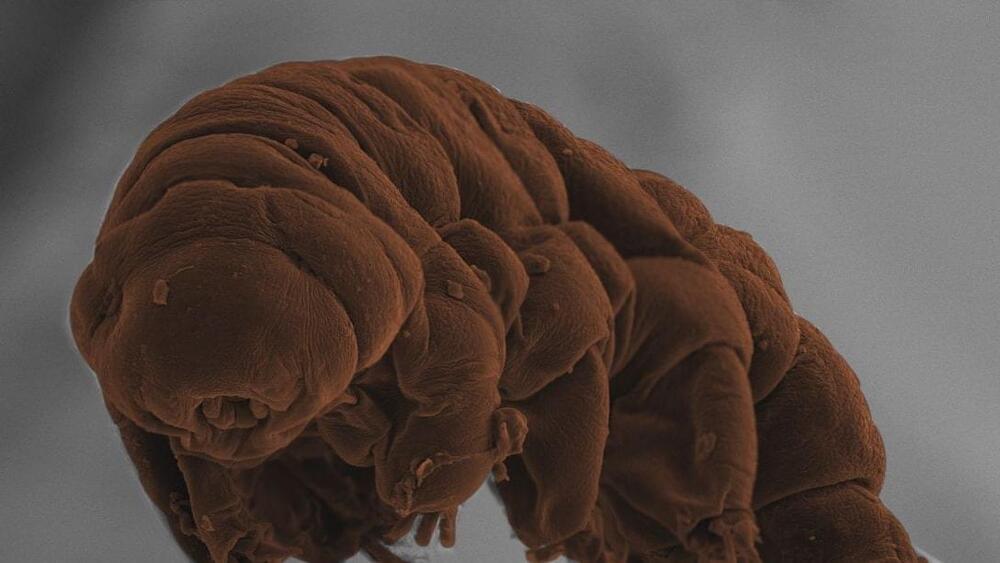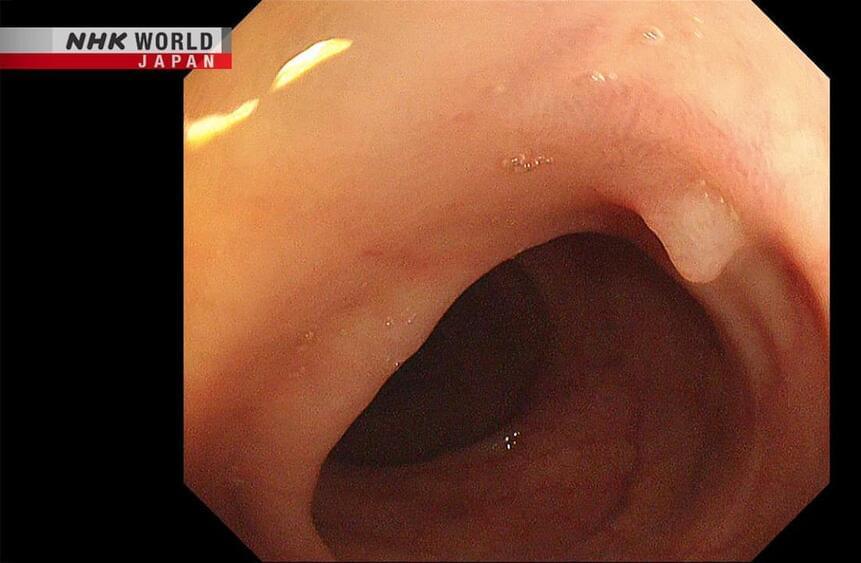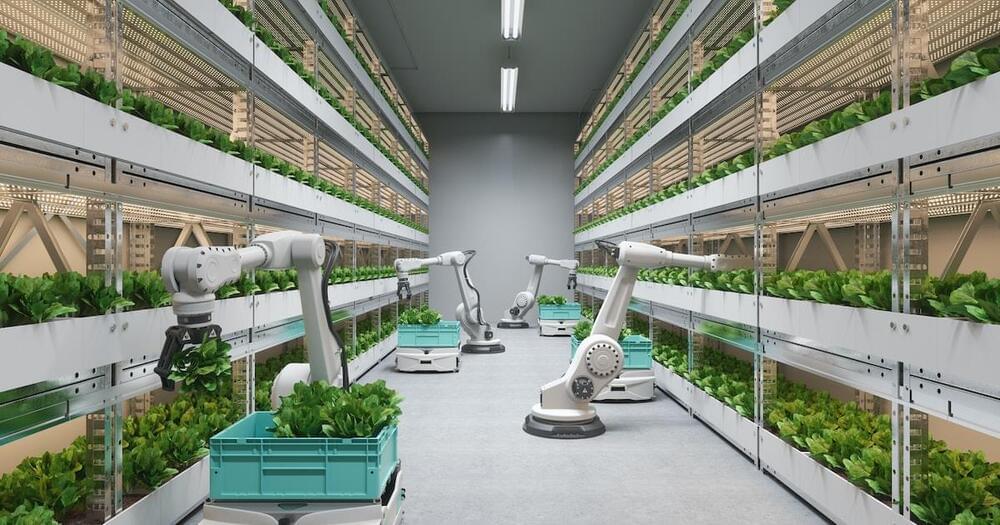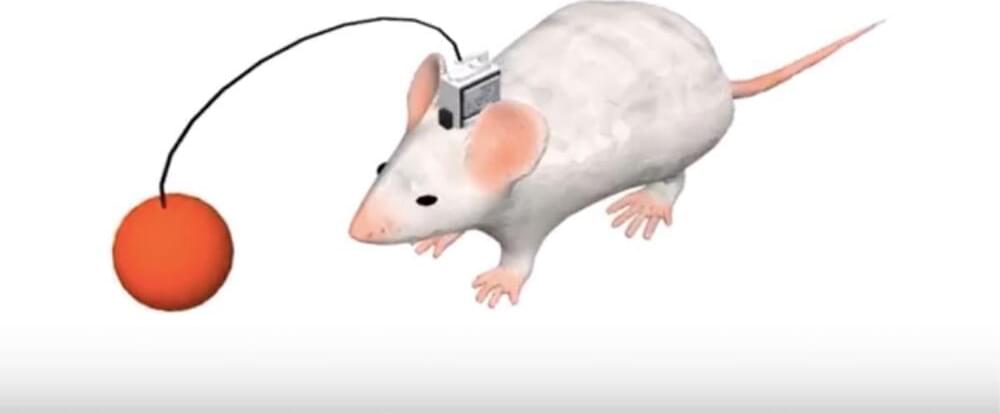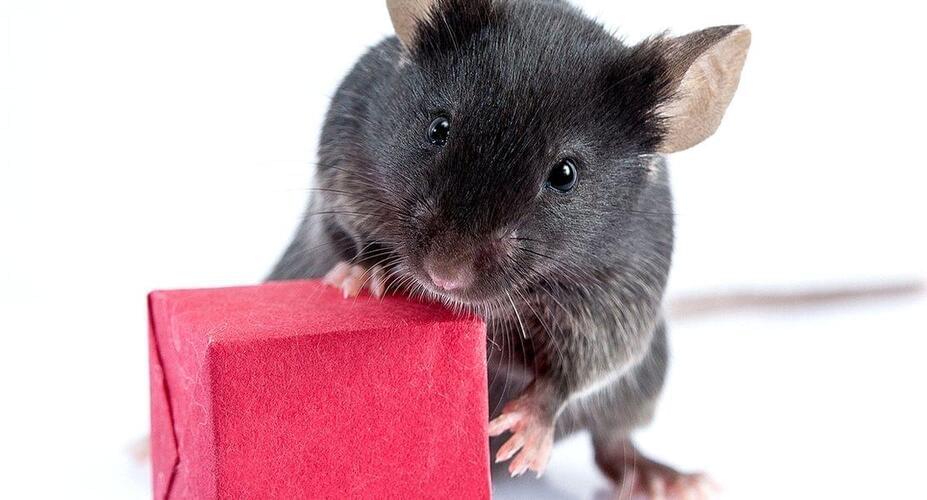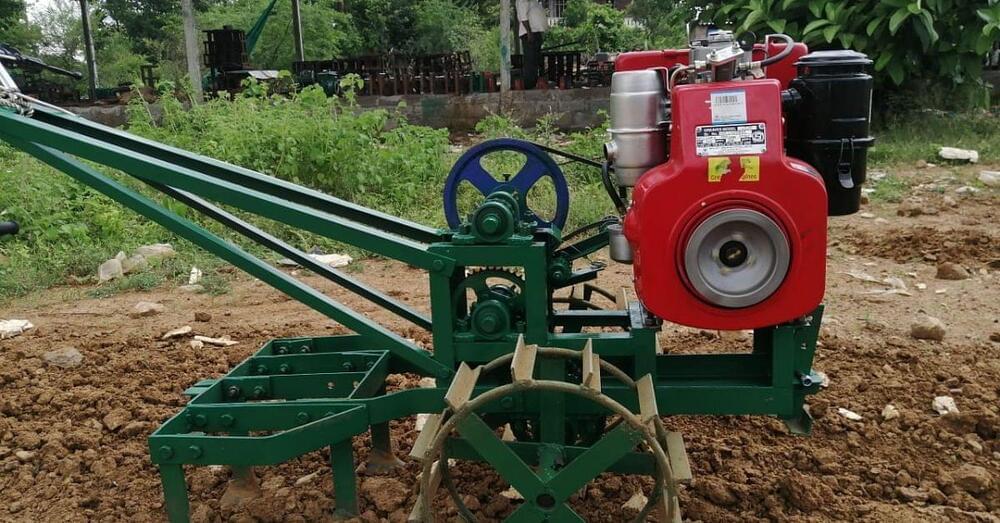More people are opting to go vegetarian or vegan as factory farming’s impact on the planet becomes more apparent. But one carnivorous delight they may not have to give up is bacon, especially if they’re willing to be a bit flexible. A Dutch startup has been working on cultured bacon for a few years now, and New York-based MyForest Foods is producing a bacon substitute made from mushroom roots. They’ll soon have a competitor that will tempt consumers’ palates with yet another variety, this one made from a most unexpected source: seaweed (though to be fair, mushroom root is a pretty unexpected source for imitation bacon too).
Seaweed is good for you; it contains iodine as well as critical nutrients and antioxidants. But it doesn’t have the greatest taste (though this is admittedly a matter of personal preference; plenty of people love to snack on roasted sheets of the stuff). Umaro Foods, based in Berkeley, California, think they’ve found the perfect combination of ingredients to make seaweed taste—and feel—like bacon.
They start with red seaweed protein, which they say accounts for the bulk of the final product’s meaty taste, color, and texture. They add chickpea protein, which contains fatty acids and amino acids. Coconut oil and sunflower oil provide the fat, and spices like paprika and sea salt boost the flavor. Red radish juice adds color to make it all look more like real bacon. The product has a little less protein than real bacon, and about the same amount of fat.
